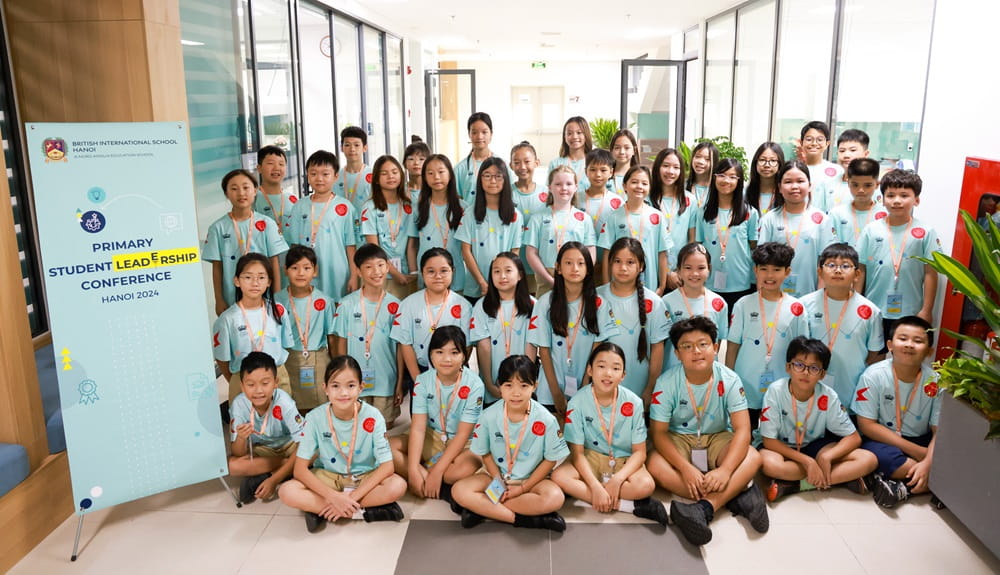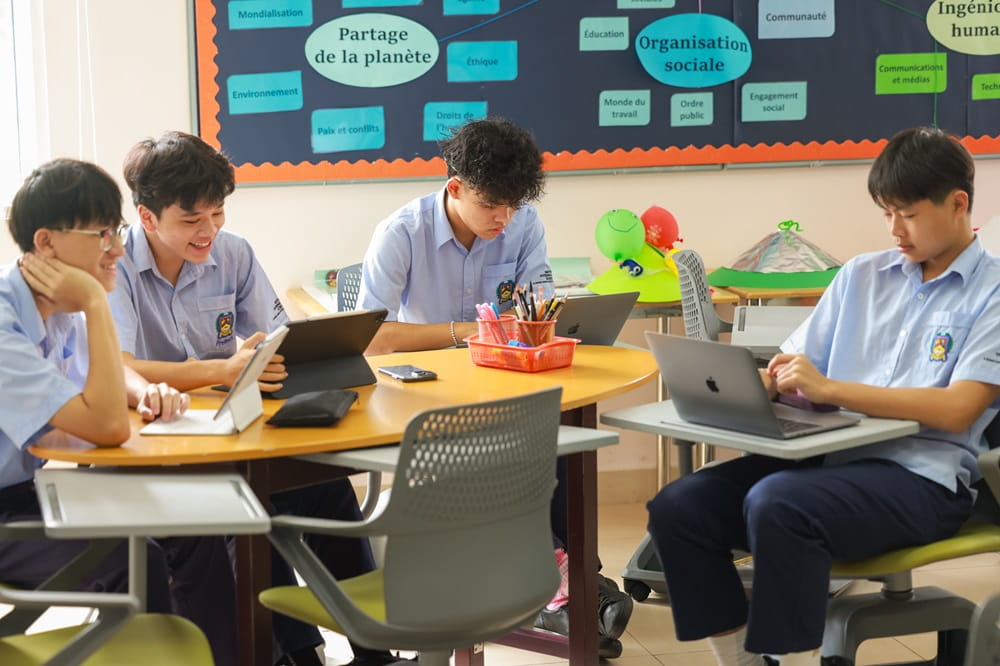What is Metacognition?
“Metacognition is the ability to be aware of our cognitive or thought processes and to monitor, reflect on and change those processes,” says Dr Rose Luckin, professor of Learner Centred Design at the University College London (UCL) Knowledge Lab.
It’s about understanding how you learn best and using this knowledge to adapt your thinking style to thrive in different situations. Because everybody has a different way of thinking and learning. Metacognition is a valuable skill everyone can learn to develop.

Why is Metacognition important?
Metacognition enables learners to reflect on their understanding, monitor their progress, and adjust their learning strategies as needed. It’s the difference between memorising facts and truly understanding how to learn. Strong metacognitive skills can enhance your ability to learn and retain knowledge.
According to the Education Endowment Foundation in England, metacognitive strategies can help children make an estimated eight months’ additional progress in their learning over the course of a year. Metacognitive strategies are now part of the core content in teacher training courses in England.
Similarly, the International Baccalaureate (IB) emphasises metacognition in its Diploma Programme, which is taught in more than 5,000 schools in 150 countries, including the British International School (BIS) Hanoi. One of the core components, Theory of Knowledge (TOK), encourages students to critically reflect on the nature of knowledge and their own learning processes, fostering lifelong thinking skills.

Nord Anglia Education has been working with Dr. Luckin to develop its approach to metacognition, used by teachers to introduce metacognitive strategies into the classroom. The organisation has established a metacognitive framework consisting of six "Learner Ambitions" aimed at helping students develop the 6 Cs: critical thinking, creativity, commitment, curiosity, compassion, and collaboration. These skills are essential for effective learning both inside and outside the classroom.
Nord Anglia's focus on metacognition has several objectives, including developing student agency, boosting academic performance, and developing ‘future’ skills that employers want. According to McKinsey & Company, these foundational skills are crucial for preparing young people to work and thrive in a rapidly changing, digitally-driven world.
Metacognition in the classrooms at BIS Hanoi

At BIS Hanoi, metacognition is embedded throughout the curriculum to empower students to become independent learners. Here are some areas where we help students develop metacognition skills:
- Teaching and Learning Statements of Excellence explicitly reference metacognition, guiding teachers and students to focus on learning processes and how the brain best encodes information.
- Ways of Learning curriculum (Years 7–11)helps students explore their learning preferences, identify effective study strategies, and personalise their approach to learning.
- Futures curriculum connects students’ learning strengths to future pathways, helping them explore careers and study options aligned with their interests and cognitive strengths.
- Effective Effort frameworkbreaks effort into four distinct strands, providing targeted feedback that supports metacognitive reflection on how learning happens, not just the end results.
- Home–school alignment is strengthened by upskilling parents with the language of effective effort and metacognition, fostering supportive conversations about learning at home.
- IB Core (Extended Essay, CAS, and TOK) fosters reflective thinking, requiring students to monitor their progress, set goals, and evaluate strategies for both academic and personal growth.
- Regular reflection points throughout the year allow students to assess both academic and well-being progress, supporting awareness of emotional and cognitive responses to challenges.
- Growth mindset culture encourages students to celebrate mistakes as part of learning, building resilience and confidence as they navigate the “messy middle” of the learning process.
- Embedded metacognitive tools and wellbeing strategies help students make smart choices, manage challenges, and take ownership of their learning journey.
Students at BIS Hanoi are not just prepared for exams—they are prepared to create their future. Through a structured approach to metacognition, they learn to navigate complex challenges, set goals, and take ownership of their learning journeys. By integrating metacognitive strategies into our teaching and learning practices, we equip students with the tools they need to think deeply, reflect meaningfully, and become independent, lifelong learners.








